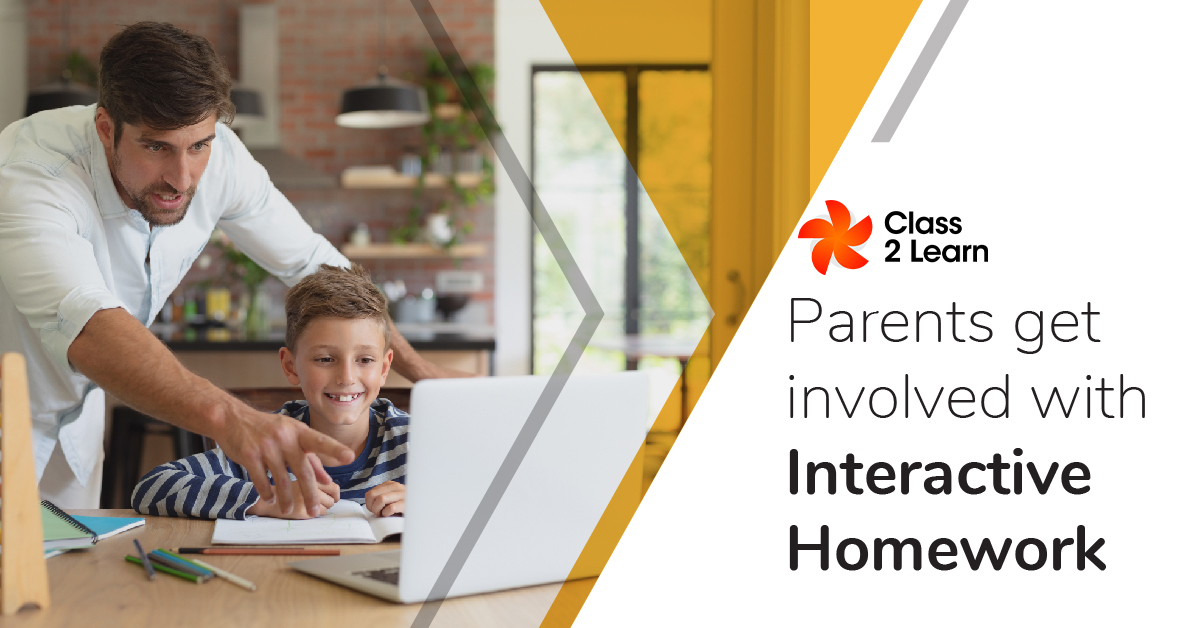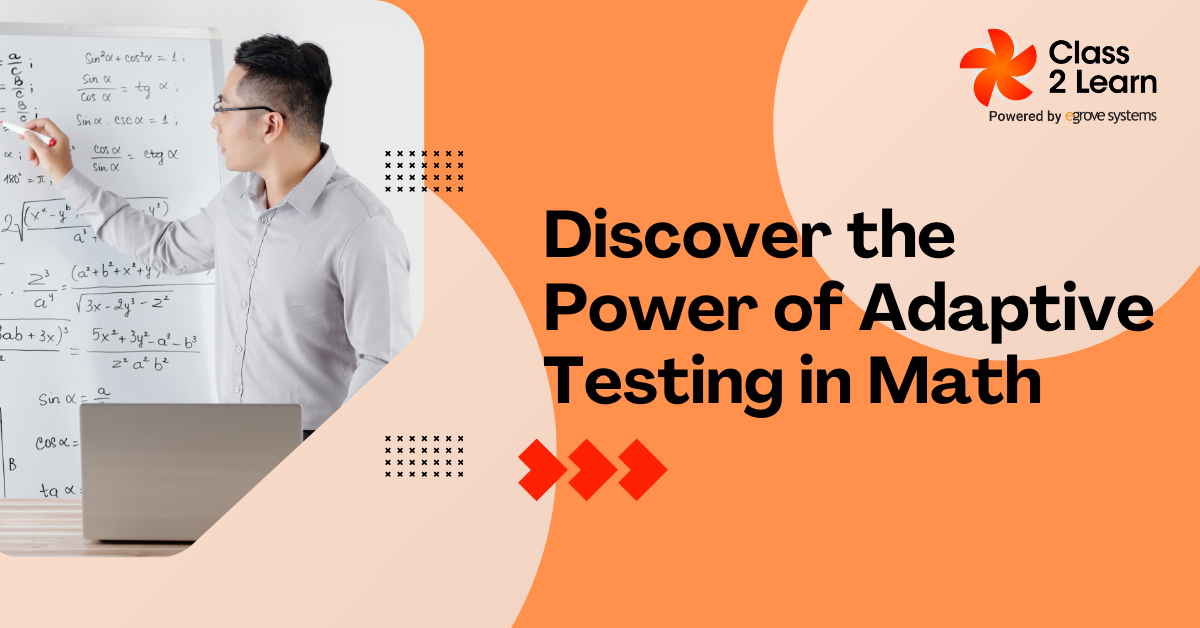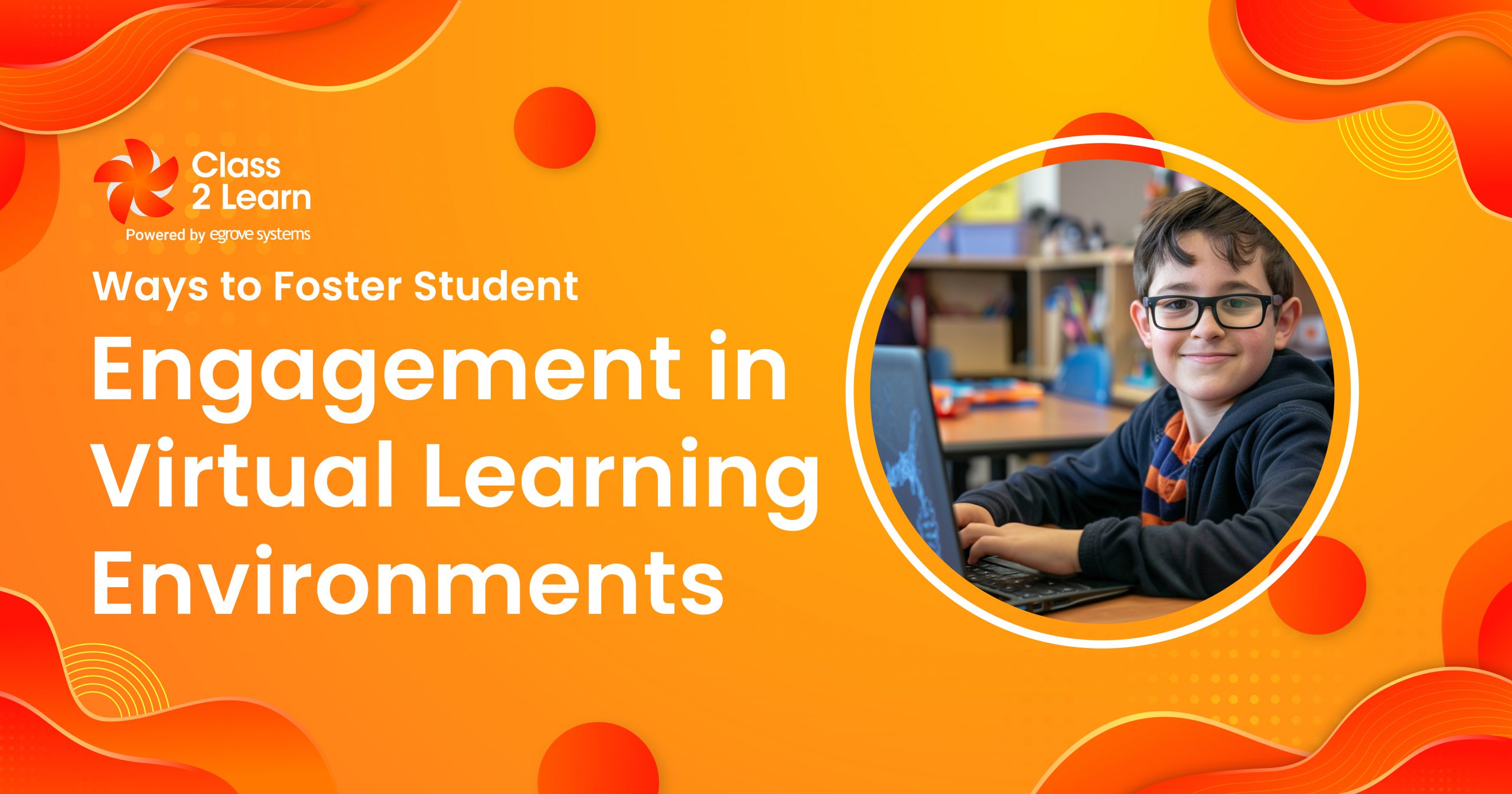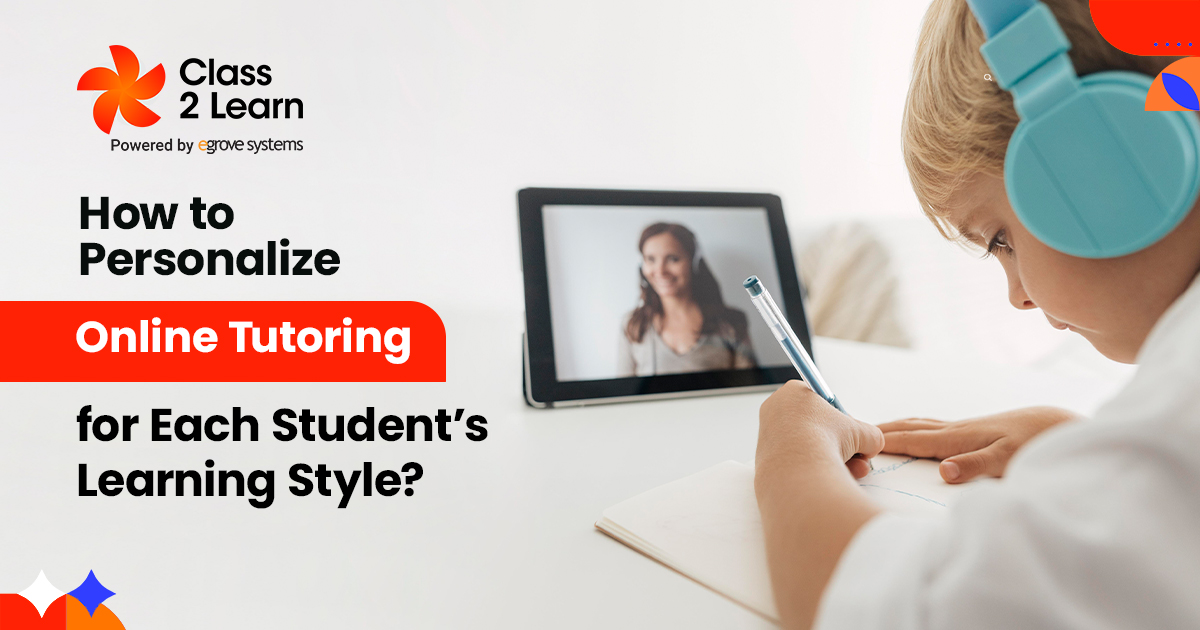As students advance through the grades, they take on more complicated subjects, which causes parents to become less engaged in the learning process. As it gets more difficult for parents to interact with what their child is learning, they frequently become less concerned. Nevertheless, interactive homework is a method used to increase student-parent involvement and has been proven to boost student achievement in higher schooling.
Using Interactive Homework
Interactive homework is an approach where students are tasked with involving their parents in their homework by prompting them to lead discussions with their parents or other family members about what they are learning. A 2001 study of elementary school students found a link between completion of homework and better grades, as well as a link between parent facilitation.
Getting parents involved is a vital way to improve completion and learning from homework for younger students, and interactive homework allows teachers to get parents involved in their older students’ learning as well. This will lead to successful learning based on the same principle, provided the teacher designs the assignment well.
Programs such as TIPS (Teachers Involve Parents in Schoolwork) that use interactive homework have been popular since the early 2000s. Students are prompted to discuss something interesting they learned in class with a family member. This gets parents involved even if they don’t already know the subject.
It lets them share their work and progress with their parents to receive feedback and encouragement, and it also gives parents a basis for what to talk about with teachers if they reach out. Since it’s the student’s job to explain the subject matter to the parent, not the other way around, parents don’t feel pressured to teach their children or feel bad when they are unable to help them.
The teacher is supposed to remind parents ahead of time that the assignments demand their involvement so that they recognize what to anticipate when their children bring them home. The homework handout informs parents about the method of the interactive homework, its goal, and how the kid will complete it. The handout then instructs the student about what to do next, such as completing an assignment or activity that they will share with a family member. The assignment itself necessitates contact with the parent, such as a persuasive writing assignment with the parent as the target demographic, an interview, or a language exercise in which the parent is asked to contribute.
The assignment leads to a discussion about the topic where the child can share what they have learned and ‘teach’ their parents about it, correcting any misconceptions and showing why they were taught by their teacher to approach it in the way they did. Finally, the parent can give their feedback on whether they now understand the subject matter and if their child was able to explain it well. This can be applied to language, math, science, and other subjects.
Impacts of Interactive Learning
Interactive homework effortlessly promotes parent participation, which is critical to assuring better academic achievement and more relevant input from parents. The conversation features also enhance students’ logical and analytical thinking abilities. The increased parent-student connection has been shown to improve at-risk kids’ performance, making it an excellent option for parents to assist their kids when they are struggling.
In addition to helping parents stay in touch with kids as they enter secondary school, it can be applied to the transition to high school. A recent study on kids entering grade 9 prompted them to discuss the transition with their parents, including topics such as grade point average, class performance, and motivation to succeed and found that students were able to engage with them successfully about these topics and give their parents a better understanding of the issues they were facing as they start high school. Maintaining a strong connection between children and their parents during adolescence can offer both academic and social benefits.
Parents should take advantage of chances like parent-teacher conferences to meet with teachers and learn about what they are doing to enhance parent-child engagement. Ultimately, it is the responsibility of the teacher to initiate this kind of student-parent relationship, but parents can ask what they can do to initiate interactive homework and other activities that give them a better idea of what their children are learning and contribute to student confidence in their work.





Add comment